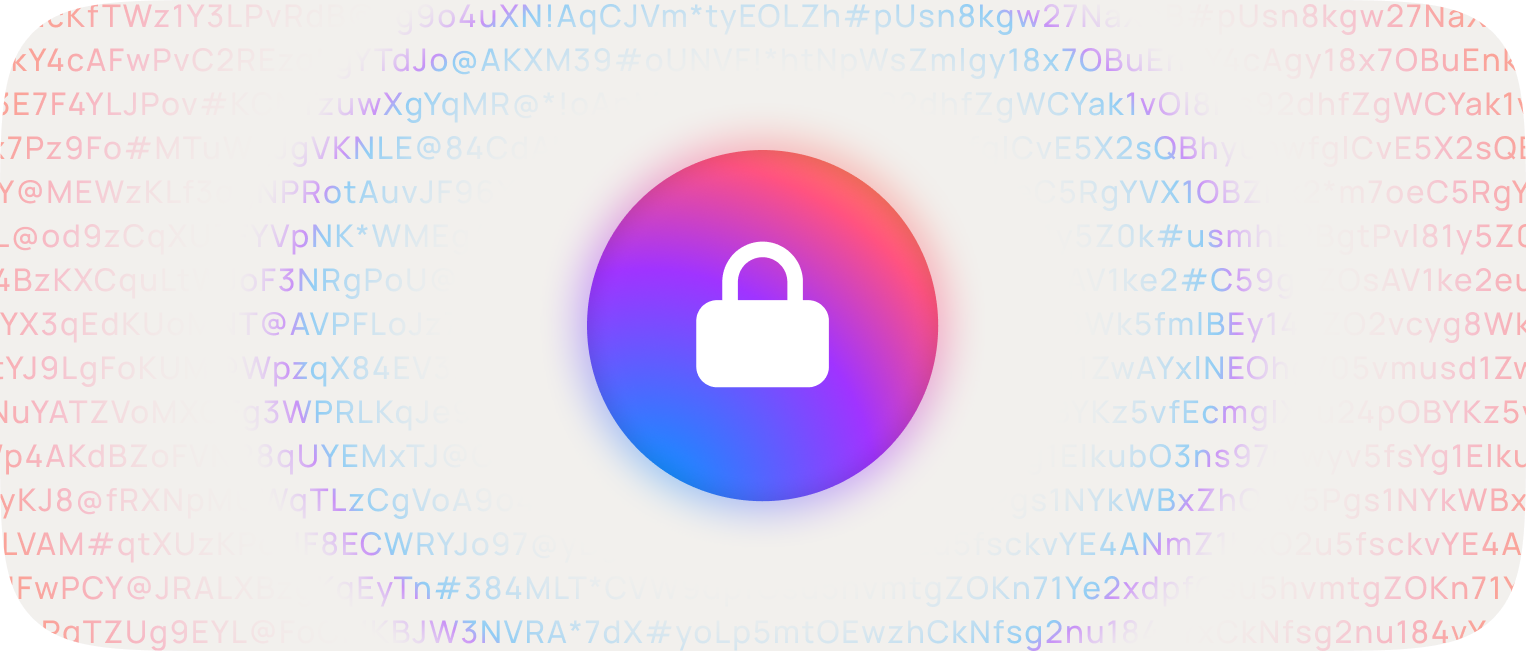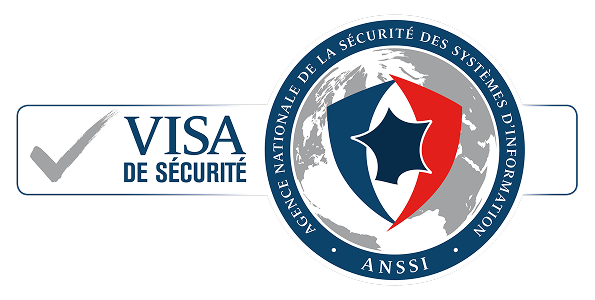Published on
November 3, 2025
2 min read
2 min read

Artificial intelligence is everywhere in 2025 — in your messages, photos, emails, and even your calendar. It helps us save time and stay organized, but it also means one thing: more of our personal data is being collected, stored, and analyzed than ever before.
And when it comes to families — where schedules, photos, and personal details are shared daily — protecting that data isn’t optional. It’s essential.
AI thrives on data. The more data it can access, the smarter and more “helpful” it becomes. But that data often comes from the tools we use every day:
While convenient, this kind of automation can also blur the lines between useful features and intrusive data collection.
Every event, photo, or reminder you share could, in theory, be processed or stored in a way that fuels these algorithms — even when you think it’s private.
Family apps — calendars, photo-sharing tools, and messaging platforms — hold some of our most personal information:
This is exactly the kind of data that should never be exposed, sold, or analyzed by third parties. Yet most popular apps don’t use end-to-end encryption, meaning your information can pass through company servers before reaching its destination.
That’s risky — especially in a world where data leaks, AI training datasets, and “smart” app integrations are increasingly common.
End-to-end encryption (E2EE) ensures that your information stays completely private between you and the people you share it with.
When an app is end-to-end encrypted:
It’s the same principle that makes WhatsApp messages unreadable to anyone except sender and receiver. And it’s becoming the gold standard for digital privacy.
If you want to understand the mechanics, take a look at our explainer on End-to-End Encryption: Definition & Benefits.
Many family-focused apps — even the most popular ones — still rely on standard cloud storage rather than encryption. That means event details, shared photos, and messages can often be:
That might not sound alarming at first, but it’s the difference between your data being safely locked — or quietly copied.
The good news? Privacy-first alternatives are growing. Apps like OurCal are proving that you can enjoy smart, shared features without compromising your family’s privacy.
OurCal uses end-to-end encryption for all your shared data — including events, photos, and messages — so even as AI becomes more embedded in everyday tools, your information stays private by design.
With encryption built in, OurCal gives you all the functionality you need — without turning your family’s life into training data.
AI can make our lives easier, but it shouldn’t come at the cost of our privacy. Especially when it comes to our families, end-to-end encryption is no longer optional — it’s essential.
If you’re already careful about where you chat or share photos, it’s time to think about where you plan your days too.
With OurCal, you get the convenience of modern technology, backed by the privacy your family deserves.
Published on
Nov 3, 2025
2 min read

Artificial intelligence is everywhere in 2025 — in your messages, photos, emails, and even your calendar. It helps us save time and stay organized, but it also means one thing: more of our personal data is being collected, stored, and analyzed than ever before.
And when it comes to families — where schedules, photos, and personal details are shared daily — protecting that data isn’t optional. It’s essential.

AI thrives on data. The more data it can access, the smarter and more “helpful” it becomes. But that data often comes from the tools we use every day:
While convenient, this kind of automation can also blur the lines between useful features and intrusive data collection.
Every event, photo, or reminder you share could, in theory, be processed or stored in a way that fuels these algorithms — even when you think it’s private.
Family apps — calendars, photo-sharing tools, and messaging platforms — hold some of our most personal information:
This is exactly the kind of data that should never be exposed, sold, or analyzed by third parties. Yet most popular apps don’t use end-to-end encryption, meaning your information can pass through company servers before reaching its destination.
That’s risky — especially in a world where data leaks, AI training datasets, and “smart” app integrations are increasingly common.
End-to-end encryption (E2EE) ensures that your information stays completely private between you and the people you share it with.
When an app is end-to-end encrypted:
It’s the same principle that makes WhatsApp messages unreadable to anyone except sender and receiver. And it’s becoming the gold standard for digital privacy.
If you want to understand the mechanics, take a look at our explainer on End-to-End Encryption: Definition & Benefits.
Many family-focused apps — even the most popular ones — still rely on standard cloud storage rather than encryption. That means event details, shared photos, and messages can often be:
That might not sound alarming at first, but it’s the difference between your data being safely locked — or quietly copied.
The good news? Privacy-first alternatives are growing. Apps like OurCal are proving that you can enjoy smart, shared features without compromising your family’s privacy.
OurCal uses end-to-end encryption for all your shared data — including events, photos, and messages — so even as AI becomes more embedded in everyday tools, your information stays private by design.
With encryption built in, OurCal gives you all the functionality you need — without turning your family’s life into training data.
AI can make our lives easier, but it shouldn’t come at the cost of our privacy. Especially when it comes to our families, end-to-end encryption is no longer optional — it’s essential.
If you’re already careful about where you chat or share photos, it’s time to think about where you plan your days too.
With OurCal, you get the convenience of modern technology, backed by the privacy your family deserves.
Onin is a secure calendar app for your personal and social life. The app is currently invite-only as we gradually roll out early-access to our waitlist. For regular updates, follow us on Twitter.
